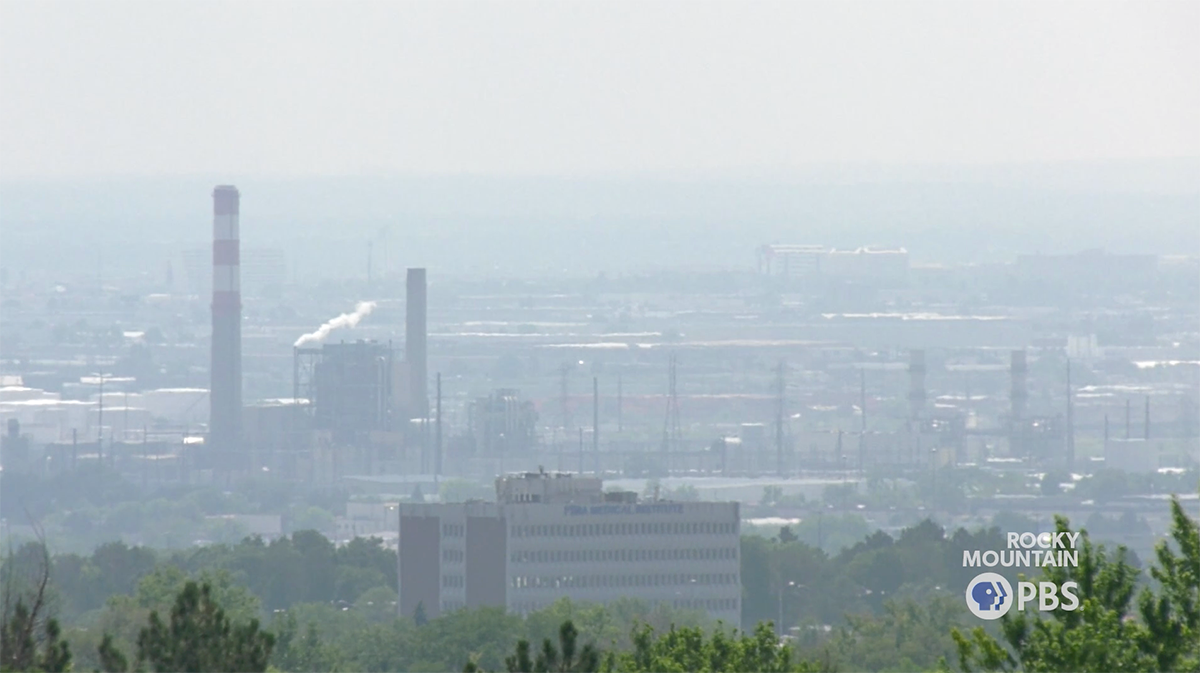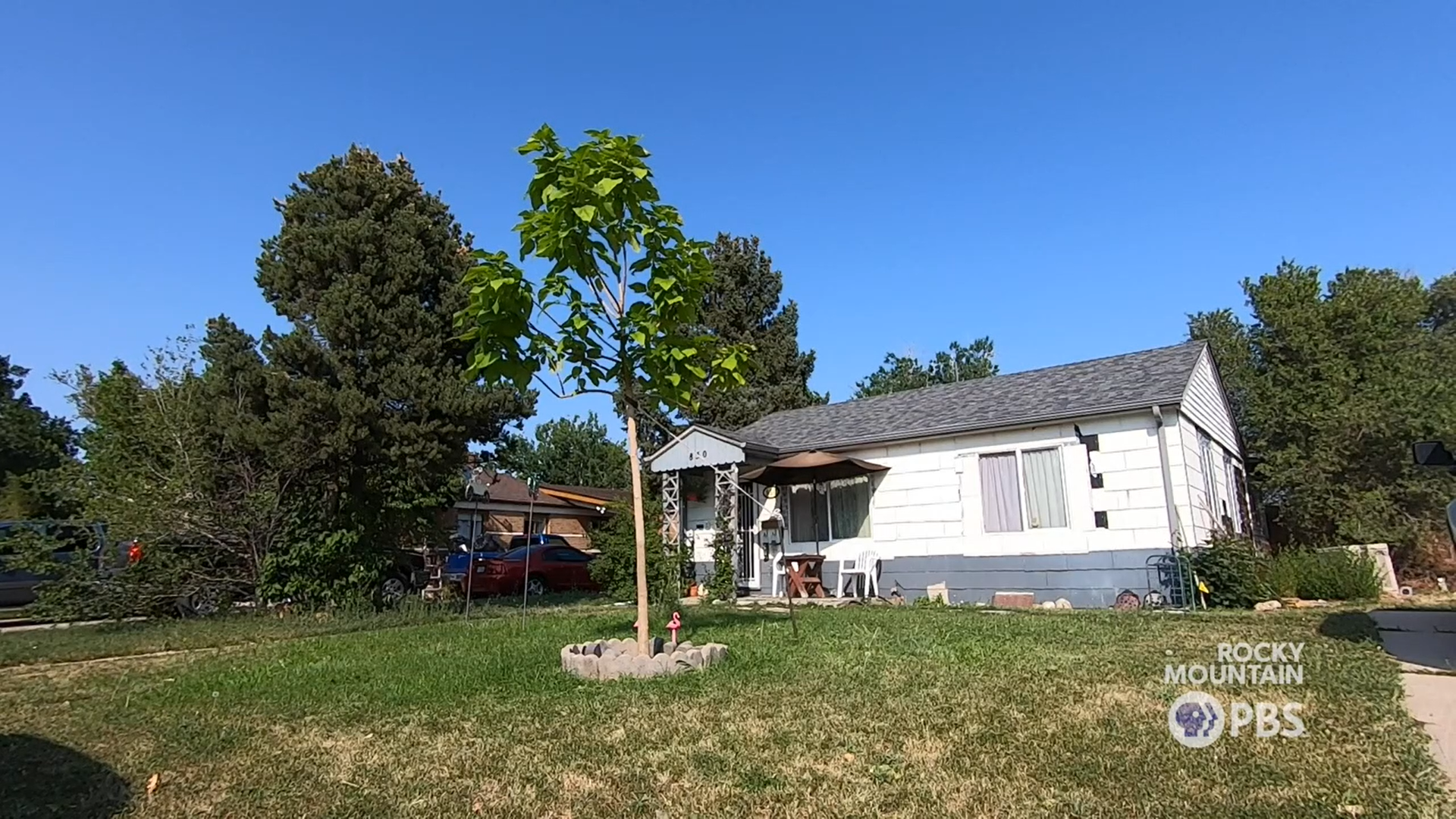The pollutants show up as smog on high-ozone days in Denver, according to Montoya. On Thursday, August 5, the Air Quality Index (AQI) for Denver was 113, with pollution four times higher than what the World Health Organization (WHO) recommends. It was the fifth-worst in the world among major cities, according to IQAir.
The Denver Department of Public Health and Environment (DDPHE) issues Action Day alerts when the air quality is unhealthy and is known to impact individuals with respiratory illnesses. Both the city and state health departments are recommending that any active children and adults—including older adults and people living with lung disease—stay indoors or reduce any outdoor activities.
“When we are in a city, we can usually see cases like this, especially if you are in a place that is sunny like in Colorado,” Montoya said.
As Montoya explains, pollutants from cars and local factories mix with sunlight in the atmosphere, creating ground-level ozone. In addition to ground-level ozone and particulate pollutants, smoke from out-of-state wildfires are mixing with the smog, resulting in poor visibility and worsening air quality. According to the National Weather Service, the smoke from wildfires could continue through Saturday (and possibly after depending on the condition of the wildfires).
“Some of the things that we can do is kind of minimize the amount of driving that we do, or the things that we buy the stuff that we do at home use products that produce less pollution,” Montoya said.
[Related: During extreme heat, Denver company uses electric cars to help cool its building]
Colorado Governor Jared Polis has also shared tips on how people can take steps to reduce air pollution, such as using public transportation when possible. But policy from state lawmakers to address the ozone issues have been scarce. As Colorado Newsline reported in late July, Colorado's Air Quality Control Commission recently ditched a proposed rule that would have required large employers to encourage alternatives to driving cars to work.
On top of this, Colorado has also experienced record heat this summer, and experts agree that climate change will lead to even more days of extreme heat.
In the meantime, during days of high ozone alerts the AQI recommends that folks in the sensitive group reduce outdoor exercise, wear a mask, keep windows closed, and run an air purifier.
Julio Sandoval is a multimedia journalist with Rocky Mountain PBS. You can reach him at juliosandoval@rmpbs.org.
Victoria Carodine is a digital content producer with Rocky Mountain PBS. You can reach her at victoriacarodine@rmpbs.org.




